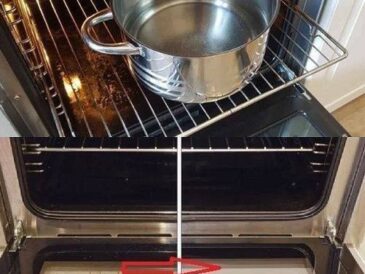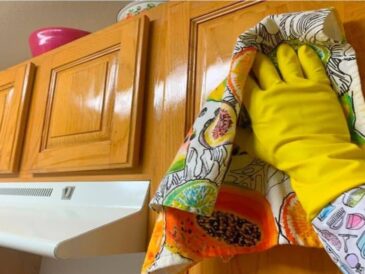Head pressing is rarely an isolated symptom. Other signs that may accompany it include:
- Disorientation or abnormal behavior
- Walking in circles
- Vision problems
- Seizures
- Loss of appetite
- Lethargy or sudden aggression
- Compulsive behaviors (rubbing, bumping into things)
What to Do If You Notice This Behavior
- Don’t wait – Head pressing is never normal. Take your pet to the veterinarian immediately.
- Record the behavior – A short video can be very helpful for your vet in making a diagnosis.
- Do not medicate on your own – Human medication can be dangerous or even fatal to pets.
What Tests Might a Vet Perform?
To determine the underlying cause, your veterinarian may recommend:
- A full neurological exam
- Blood tests (liver, kidney function, electrolytes)
- An MRI or CT scan of the brain
- A cerebrospinal fluid (CSF) analysis
Can This Behavior Be Prevented?
While it’s not always possible to prevent conditions like tumors or genetic disorders, you can help protect your pet by:
- Keeping toxic substances out of reach
- Providing a balanced diet
- Scheduling regular veterinary checkups
- Monitoring your pet’s behavior and health closely
In Conclusion
If your dog or cat is pressing its head against the wall, it’s never normal behavior. It’s a distress signal from the body that something is seriously wrong. Acting quickly can save your pet’s life or at the very least prevent unnecessary suffering.
👉 Stay alert, act fast, and never hesitate to consult your vet.




